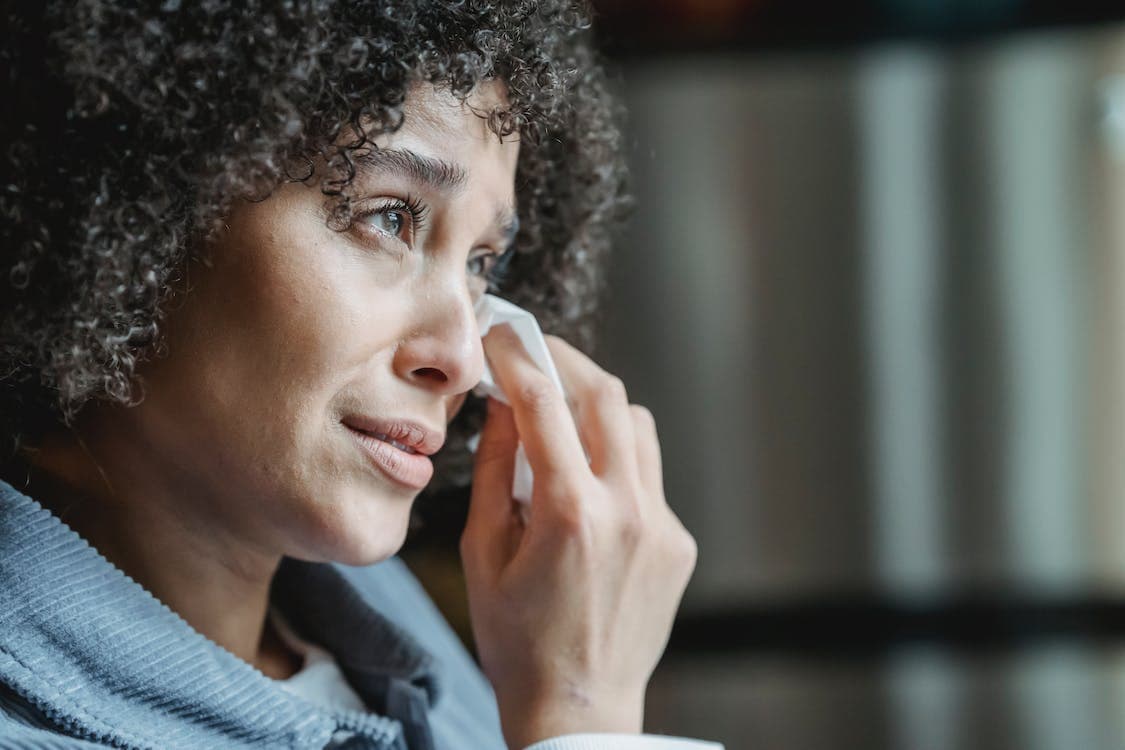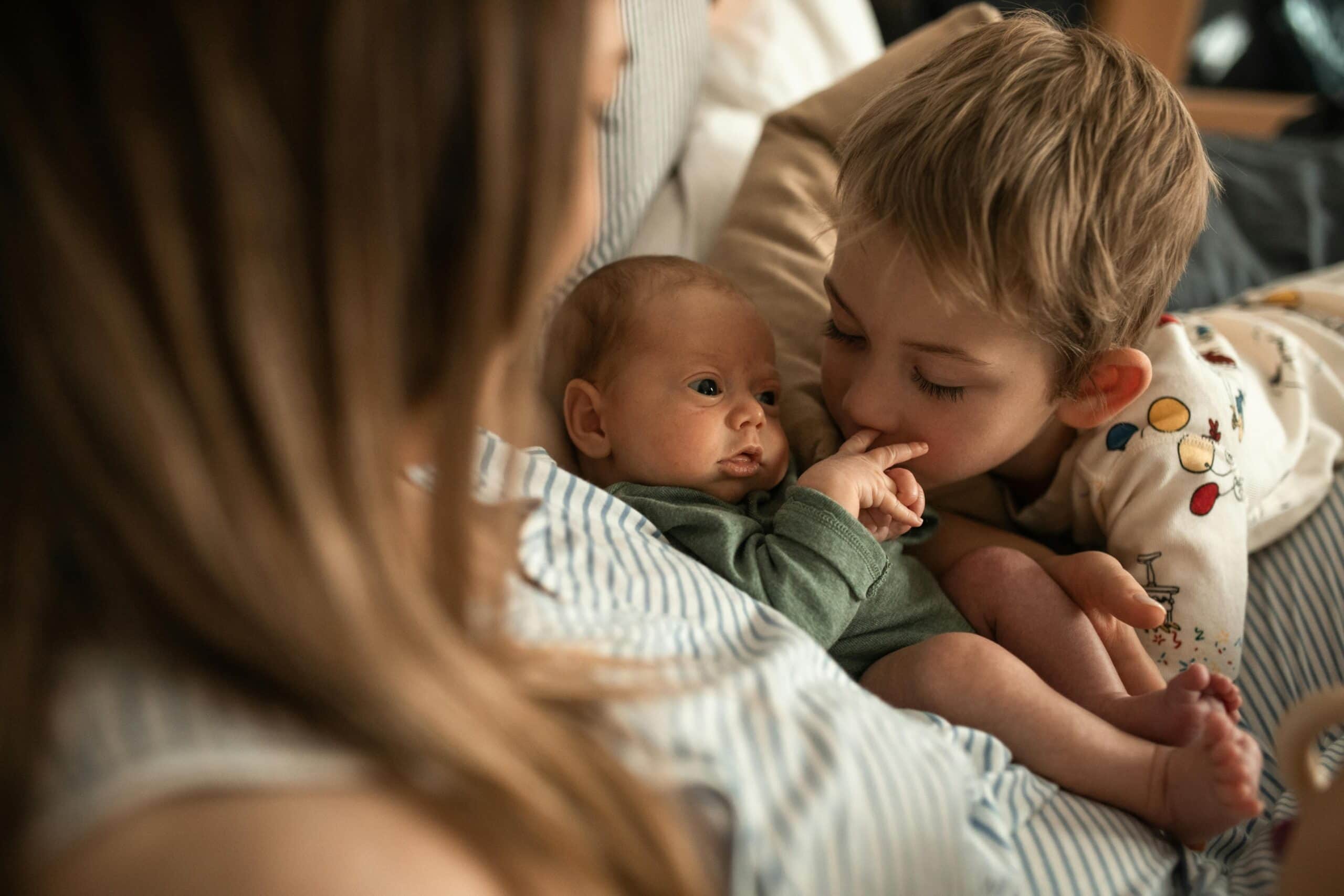Losing a loved one to death is the biggest loss anyone can experience. But losing a loved one untimely due to the negligence or ill-intent of someone else can be especially traumatizing.
If you have suffered the death of a family member, you deserve to seek justice. However, you must understand if you must file a wrongful death lawsuit or murder trial. Let’s take a quick look at the differences between wrongful death vs. murder trial:
Wrongful Death vs. Murder Trial
A wrongful death lawsuit in Nevada occurs when a victim dies due to negligence, malpractice, or intentional crimes where killing is not the motive, such as stabbing an individual during a robbery. It is considered a form of personal injury, and the lawsuit is civil. A relative or estate representative of the victim files the lawsuit.
On the other hand, a murder trial in Nevada is a criminal case. It is filed by the state as murder is an illegal act.
The key difference between a civil and criminal lawsuit, i.e., wrongful death vs. murder trial, is intent. Murder is committed with the intent of killing a person, while wrongful death occurs as an accident or negligence. Even when the at-fault party intended to harm the deceased or someone else, a victim’s loss of life is considered wrongful death if taking their life wasn’t the primary motive.
Burdens of Proof
In a wrongful death lawsuit in Nevada, the complainant’s attorney needs enough evidence to convince the jury or judge that the at-fault party is likely responsible for the victim’s death and that the death could have been prevented. On the contrary, a murder trial in Nevada establishes that the defendant intentionally took the victim’s life and that the death resulted from their actions aligned with their intent.
Punishment vs. Compensation
Murder trials seek to place the defendant when found guilty, in prison or punish them with the death penalty for their crime. In contrast, wrongful death lawsuits seek to recover the damages and loss the victim’s family suffered due to their untimely and sudden death.
While the loss of life cannot be compensated monetarily, it can ensure a victim’s loved ones’ well-being. If the victim was the financial caretaker of their family, the family could suffer in more ways than one by losing them to death.
What To Do if You Have Lost a Loved One
Navigating the laws and deciding on the type of justice you and your family members seek, i.e., civil vs. criminal, can be difficult when grieving. However, hiring an experienced attorney who can guide you and your family member and devise the best action plan to seek closure can make it easier.
Contact Bourassa Law Group for a free consultation on your case. Call 800-870-8910 or click here.





